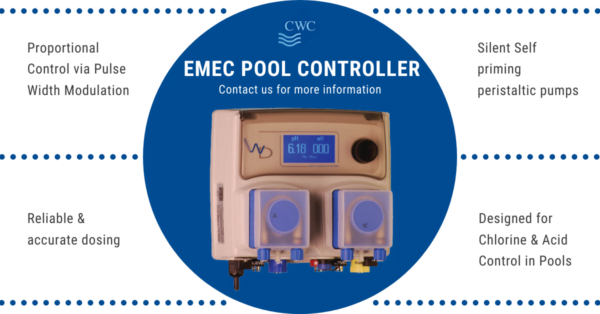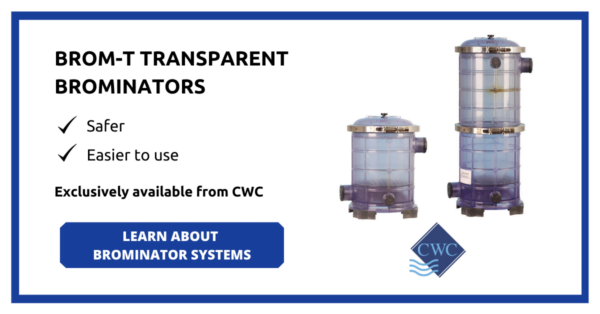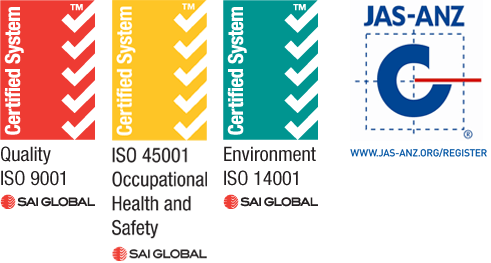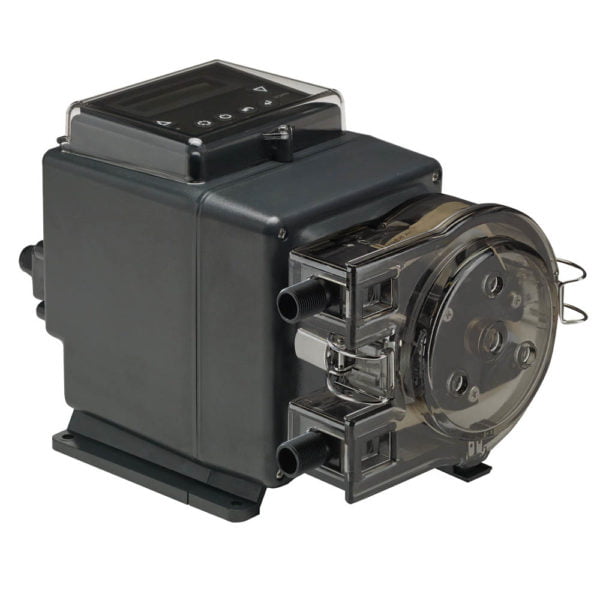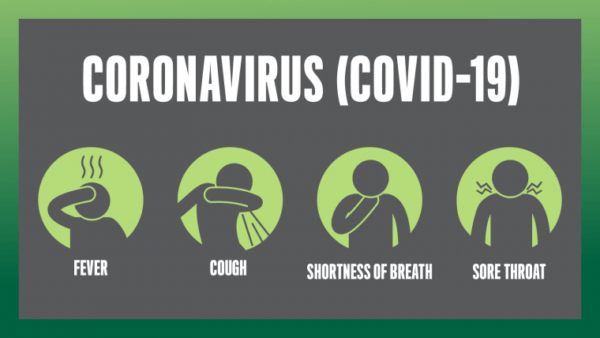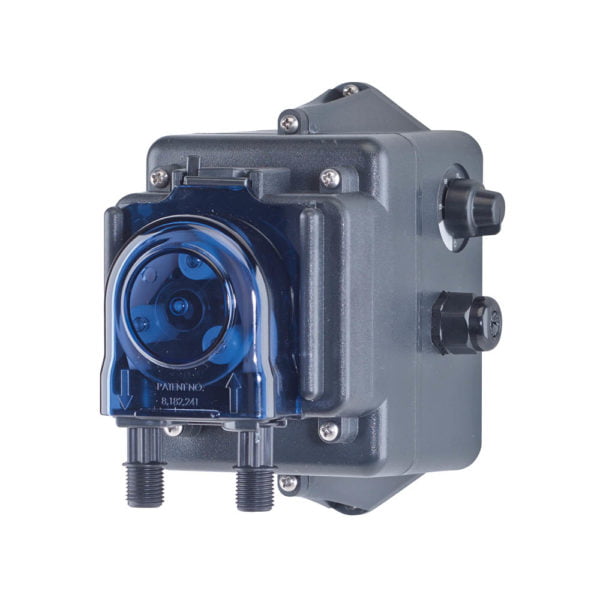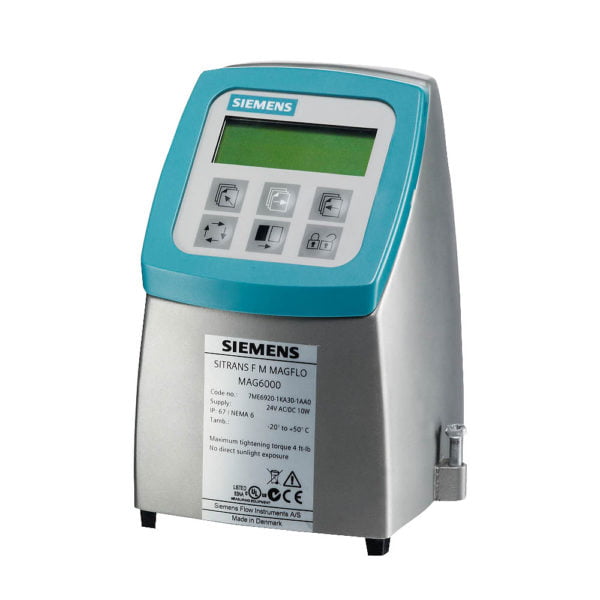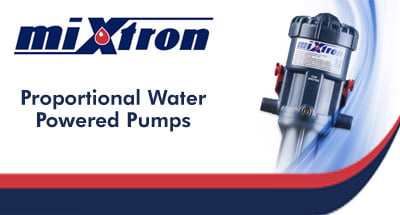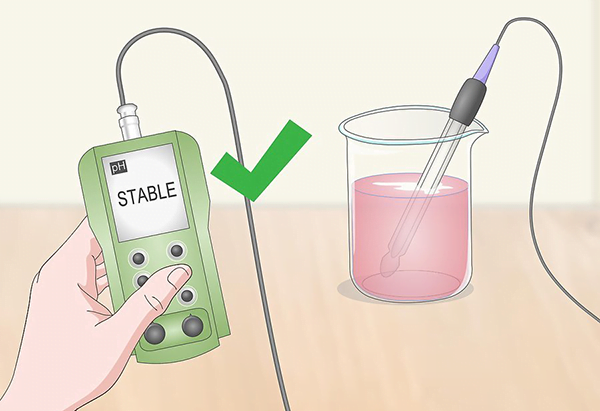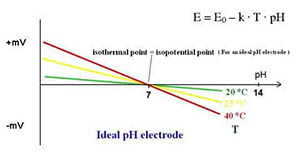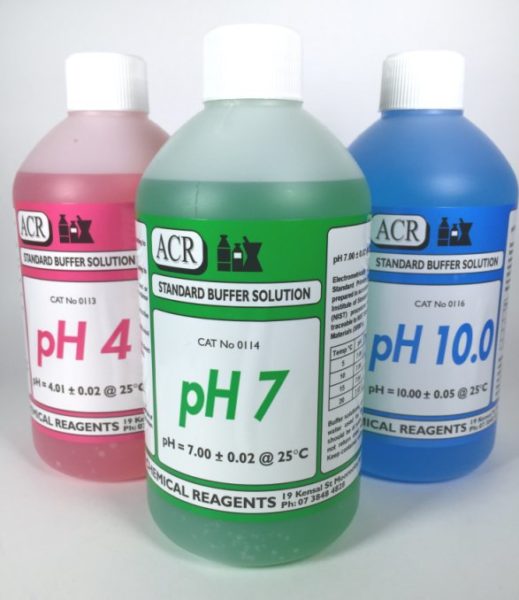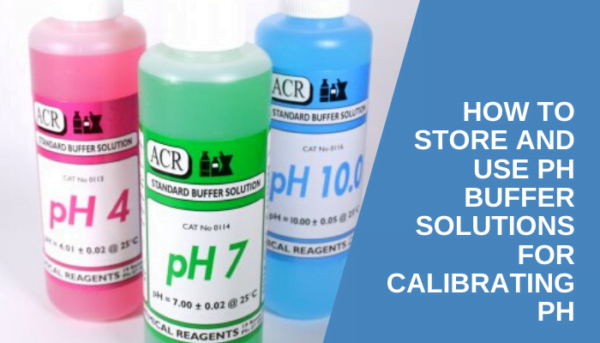News & Events
Swimming Pool Chlorine and Acid controllers that have all the necessary electrical safety and EMC approvals for domestic use
Domestic Swimming Pool Controllers for ensuring the correct amount of Chlorine and Acid dispensed to your pool are great for keeping your pool water sparkling and germ-free. The key for keeping the Chlorine levels correct is maintaining the correct pH level. This is often neglected in swimming pools because the general consumer is mainly concerned…
Transparent Brominators and their benefit from a WHS perspective
One of the most commonly used biocides in cooling tower applications is bromo-chloro-dimethyI-hydantoin (otherwise known as BCDMH or hydantoin). BCDMH is a broad-spectrum halogen-releasing biocide for the control of algal, bacterial, and fungal populations in industrial water systems. It is typically supplied in tablet form, and requires a brominator system to hold the tablets and slowly…
CWC is now an ISO Accredited Organisation
What does it mean to be ISO Certified for Quality, WH&S and Environmental Responsibility? To be ISO Quality Certified means to have an exceptionally high international standard of quality control. As a certified company, CWC needs to adhere to these standards which results in a more advanced level of quality control across every CWC product and…
Stenner Multi Function Digital Peristaltic Pumps
When in the market for a high end dosing pump, most users will opt for a Stepper Motor Driven or Solenoid Driven Diaphragm pump with fully digital interface to program the pump. These pumps are fully mulit-fuction and are suited to be used in almost any application having an array of input and output options. Traditionally,…
CWC Notification regarding Precautionary Measures during COVID-19 Outbreak
At present, it is business as usual for Convergent Water Controls Pty Ltd (CWC), but this situation may change at any time. Should we anticipate any disruptions to the normal course of business, we will advise as soon as practicable. The nature of these disruptions could be in the form of delayed product or service supply,…
Stenner Ultra Low Dose Rate Peristaltic Pumps
In many cases solenoid pumps are used in preference to peristaltic pumps, as the common perception is that peristaltic pumps need too much maintenance due to the requirement of changing the squeeze tube on a regular basis. With high load applications and aggressive chemicals, this may be true. However, a peristaltic pump offers distinct advantages in…
Siemens Electromagnetic Flow Meters
The Siemens SITRANS F M MAG 5100 W is an electromagnetic flow sensor for all water and wastewater applications, and is recognised by many water authorities as the best mag flow meter to monitor your trade waste water sent to sewer. In most cases, if you have a commercial operation and are sending water to sewer,…
Mixtron Water Powered Dosing Pumps
Growers need consistent and reliable dosage, even when the volume of water in use is subject to fluctuation and varied pressure levels. However, traditional venturi dosing technologies rely on pressure stability to achieve dosage consistency and fail to fully deliver in these situations. Water powered dosing pumps overcome these problems by using a system known as…
When should I clean my pH probe and with what?
Depending on what has fouled the probe, there are different methods to clean the probe. One can choose to clean the probe on a regular basis and calibrate [Which pH buffer solution should I use first when calibrating?], or only clean when the controller drifts out of calibration. There are various methods, however, the most common…
Which pH buffer solution should I use first when calibrating?
pH Buffer solutions are required to calibrate a pH controller with a pH sensor (probe). The 3 most common pH buffer solutions are pH4, pH7 and pH10, and are usually a different colour to clearly distinguish between them. pH 4 is often red, pH7 green and pH10 blue. It is recommended to write the pH value…
Why is it important to discard the pH buffer solution after calibration?
There are typically 2 types of pH calibration methods, i.e. Single Point or 2 (Dual) Point. Single point calibration Single point calibration is usually done with the pH probe in the process water and the user calibrates the instrument to force the controller to read the same as the user’s independent test results. However, this method…
How to Store and Use pH Buffer Solutions for Calibrating pH
pH Buffer solutions are required to calibrate a pH controller with a pH sensor (probe). The 3 most common pH buffer solutions are pH4, pH7 and pH10, and are usually a different colour to clearly distinguish between them. pH 4 is often red, pH7 green and pH10 blue. It is recommended to write the pH…

